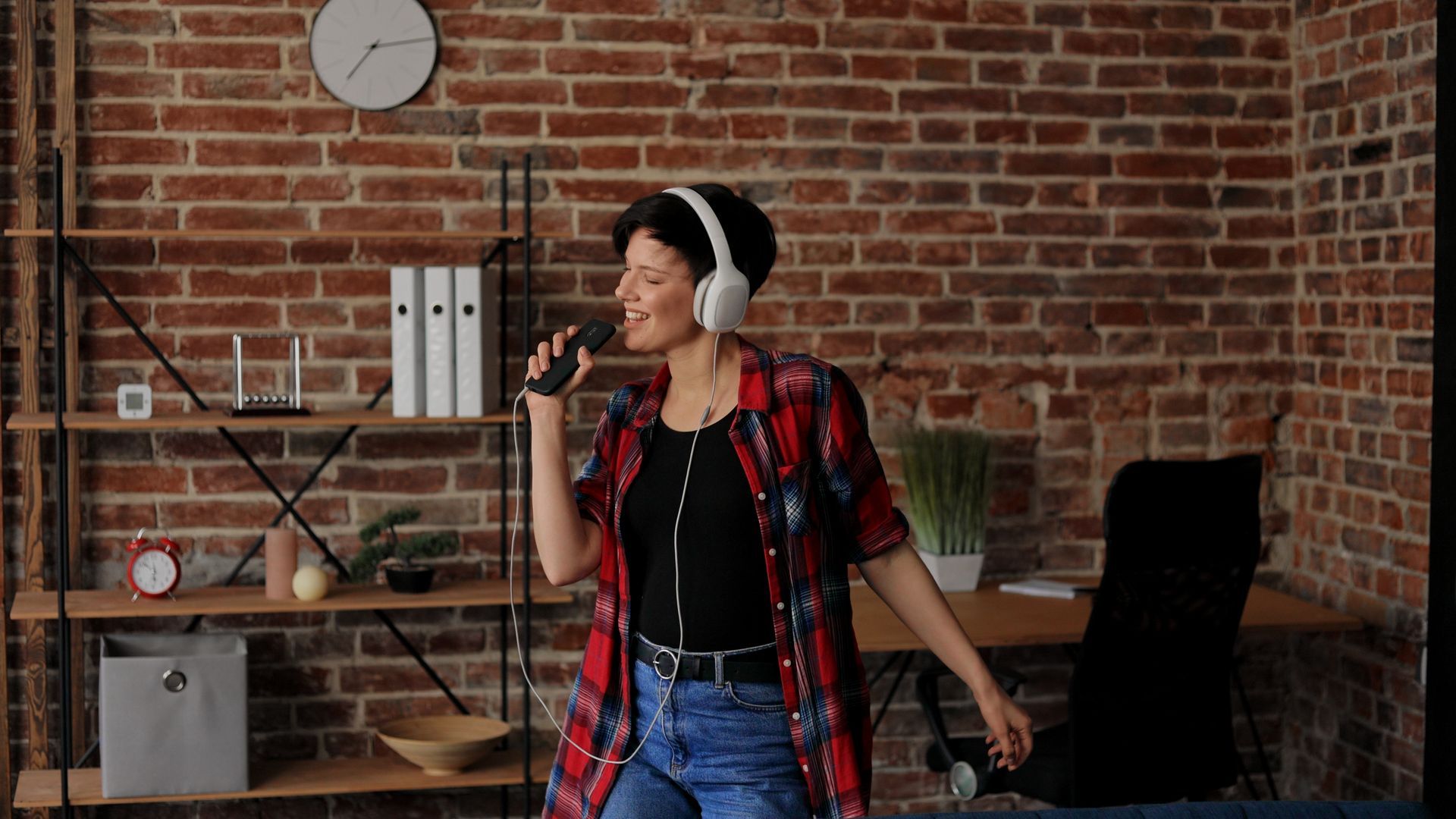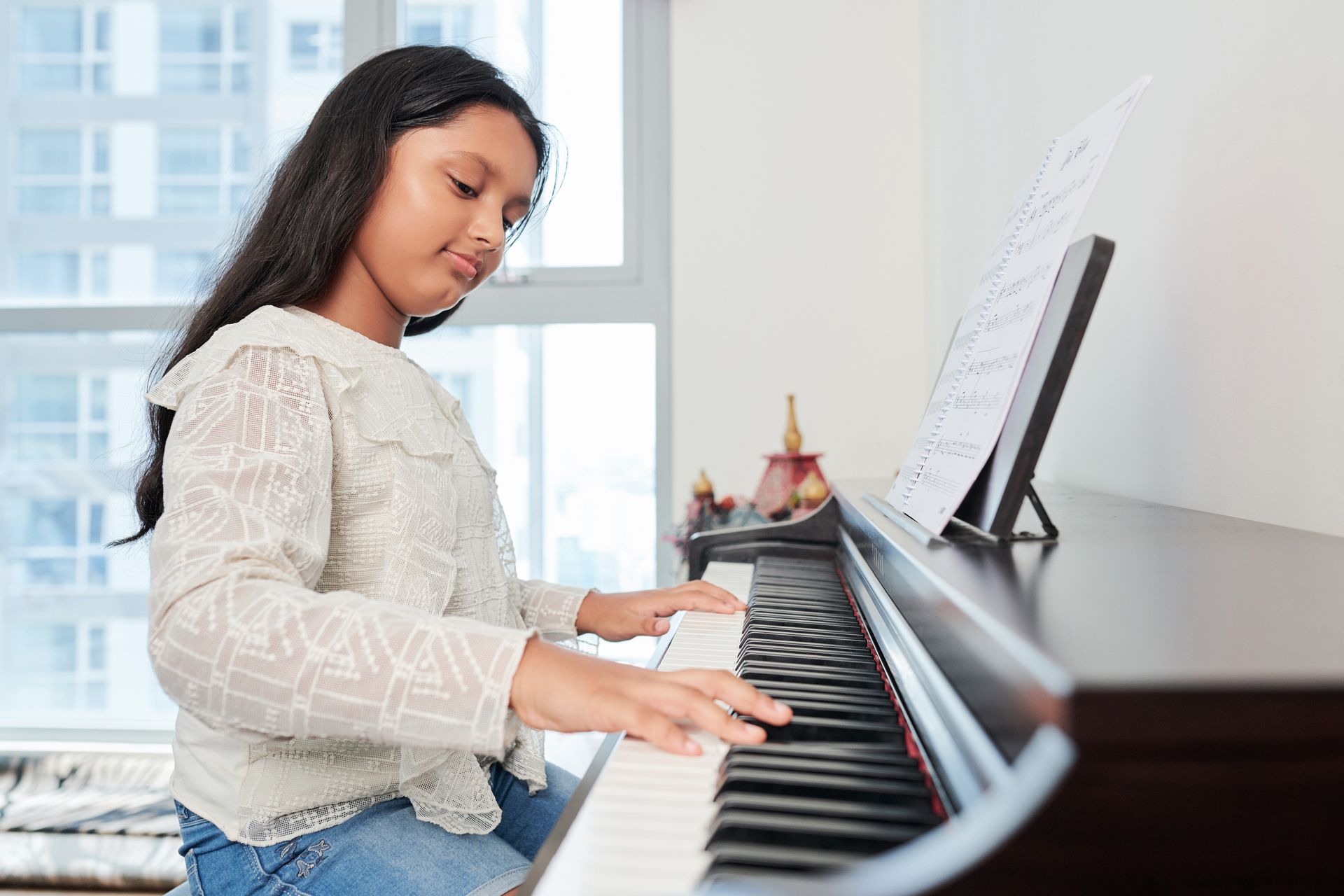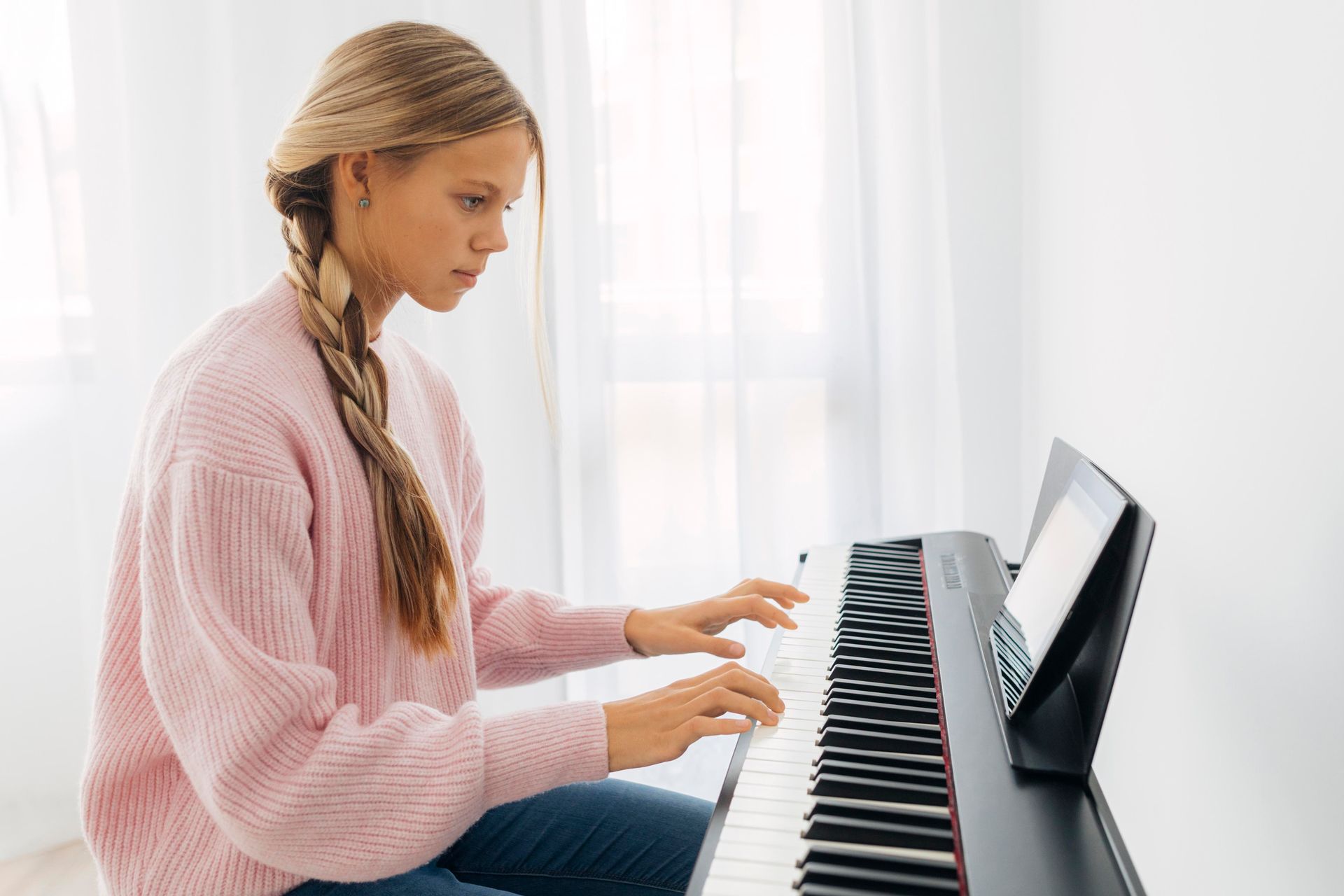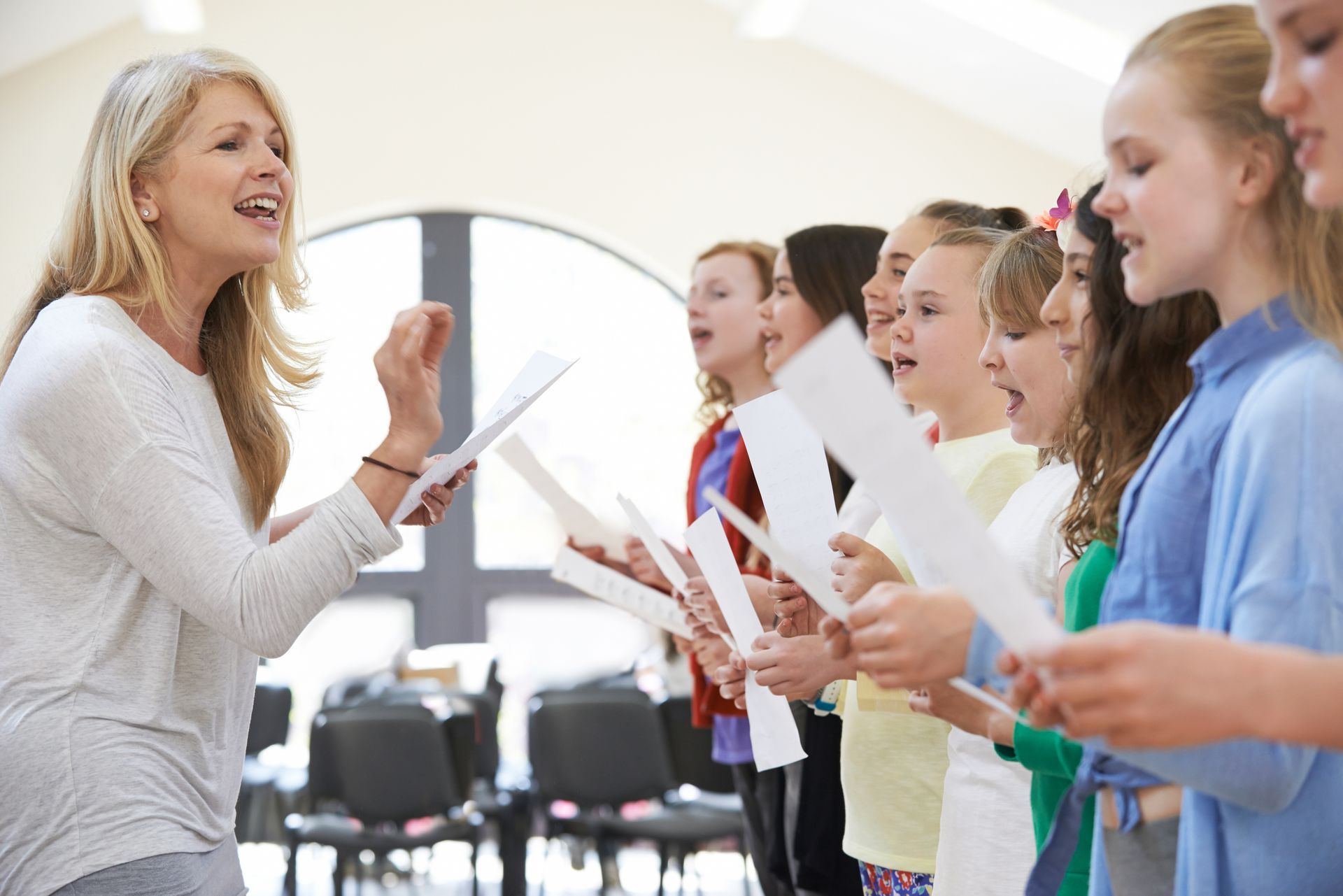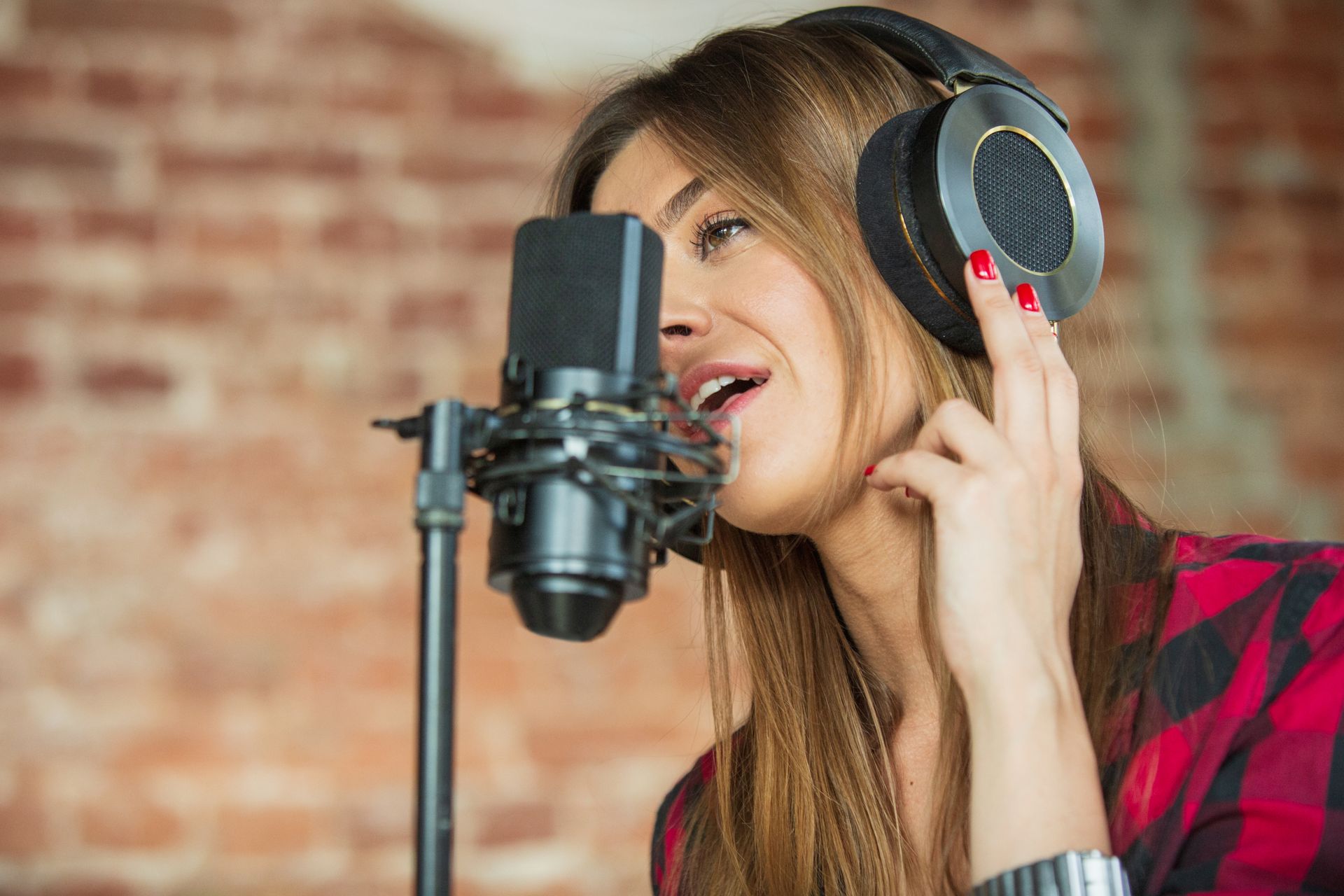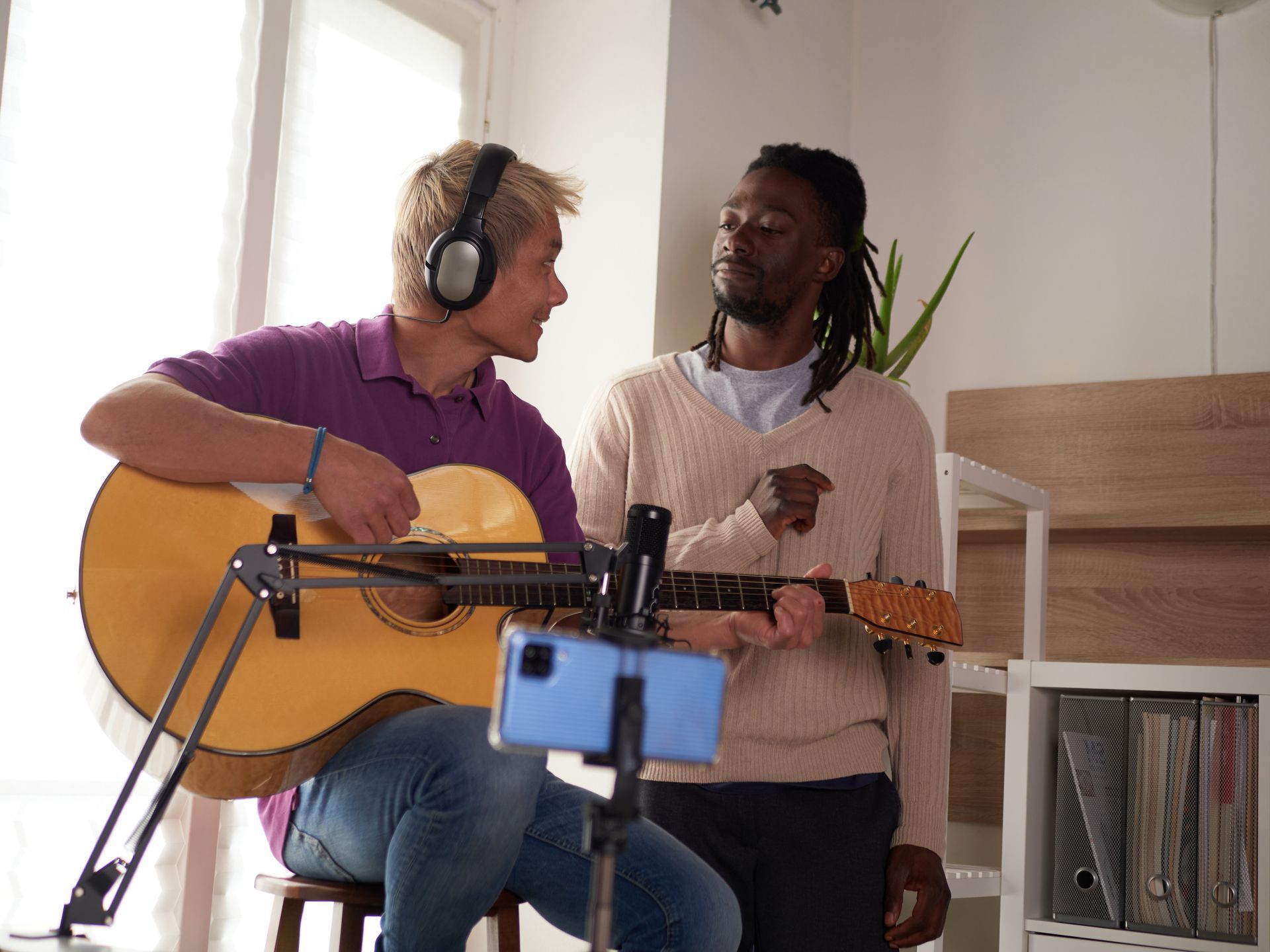Piano & Singing: Preparing for Your First Recital in Spring 2025
Are you ready to take center stage at your first piano or singing recital this coming spring? At Tribeca Music Studio, located in the heart of downtown Manhattan, we understand the thrill and anxiety that can accompany this milestone event. Whether you're learning the basics of piano with our skilled instructor Giacomo Franci, or honing your vocal talents under the guidance of Dori Levine, we're here to ensure you’re fully prepared to shine. Here’s our comprehensive guide to preparing for your first recital.
The Importance of Recitals in Your Musical Journey
A recital is more than just a performance; it’s a significant step in your musical journey. It provides a platform to showcase what you’ve learned, boosts your confidence, and helps improve your performance skills. Recitals give you the chance to receive feedback, not only from your teachers but also from your audience. Embracing this challenge can foster personal growth and inspire motivation to further your skills.
Choosing the Right Piece for Your Skill Level
The foundation of a successful recital performance starts with selecting the right music piece. Your choice should reflect your skill level while providing a slight challenge that encourages growth.
- For Pianists: Beginner students might select classical pieces like Beethoven’s “Ode to Joy” or a simple Bach Minuet. Intermediate students could consider tackling Chopin’s “Prelude in E Minor,” while advanced students might dive into Beethoven’s “Moonlight Sonata.”
- For Vocalists: Beginners could start with timeless songs like “Over the Rainbow” or “Amazing Grace.” Intermediate singers might choose a piece such as “Ave Maria,” while advanced vocalists could venture into operatic arias or jazz standards.
Discuss your options with your instructor to ensure the piece suits your abilities and passions and aligns with what the audience would love to hear.
Effective Practice Techniques
Once your piece is selected, consistent practice is key. Here are some tips for making the most out of your practice sessions:
1. Set Regular Practice Times: Establish a routine to practice at the same time every day. Regularity helps in building muscle memory and gives structure to your learning process.
2. Break It Down: Instead of playing through your entire piece repeatedly, focus on challenging sections one at a time. Slowly piece these sections together as you become more comfortable.
3. Use a Metronome: Timing is crucial, especially in ensemble settings or when accompanying performances. A metronome helps maintain steady tempo and rhythm.
4. Recording & Self-Assessment: Record your practice sessions and listen to them critically. This can help spot areas for improvement and allows you to track your progress over time.
5. Mock Performances: Simulate performance conditions at home or for friends and family. This will help ease nerves and increase confidence when on stage.
Understanding Stage Presence and Performance Anxiety
Stage presence requires the performer to connect and engage with the audience. Confidence on stage can transform your performance. At Tribeca Music Studio, we emphasize not only the technical skills but also the importance of performance presence.
- Overcoming Performance Anxiety: Mild stage fright is natural, but taking deep breaths and engaging in positive visualization can help mitigate nerves. Remember, most of your audience appreciates your willingness to share your craft.
- Communicating Emotion through Performance: Discuss with your instructor how best to convey the emotion and story behind your piece, which is crucial for vocalists during storytelling parts of a song.
The Week Before the Recital: Fine-Tuning and Rest
As the recital approaches, focus shifts from practice to preparation. Here are a few things you can do:
- Final Run-Throughs: Instructors at Tribeca Music Studio will guide you through final performance rehearsals, focusing on articulating each note and phrase with clarity.
- Rest Your Voice and Hands: Vocalists should prioritize their vocal health by minimizing strain and staying hydrated, while pianists can rest their hands and focus on mental practice.
- Visualize Your Success: Use visualization techniques to mentally rehearse your performance, often resulting in improved focus and reduced anxiety on the day of the recital.
Showtime: Rock Your Recital Stage!
On the day of your recital:
- Arrive early to acclimate to the performance space.
- Warm-up adequately with techniques suggested by your teachers.
- Engage with positive self-talk and embrace the moment.
Remember, the recital is your opportunity to showcase your progress. Enjoy the spotlight and let your hard work shine through each note and tone. Celebrate your achievements with fellow performers and loved ones.
Take the First Step Today!
Ready to prepare for your first recital? Tribeca Music Studio is eager to guide you every step of the way. Our expert instructors are dedicated to creating a supportive, creative, and personalized learning environment. Join our musical family in Astoria, Brooklyn Heights, and beyond! Contact us today at (917) 415-1588 or email tribecamusicstudio@gmail.com to start your musical journey.
Optimize your progress with personalized lessons and a comprehensive preparation program. We look forward to seeing you shine on stage this Spring 2025! Visit our website at tribecamusicstudio.com to learn more.



